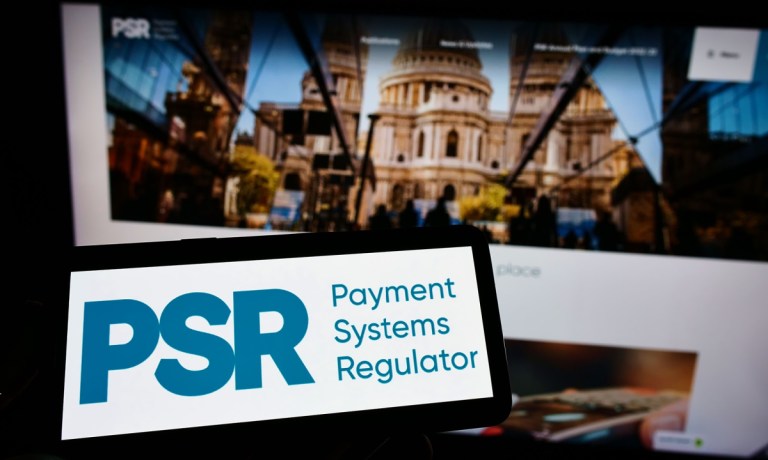UK Payments Regulator Won’t Delay Fraud Reimbursement Rules

The UK’s payments regulator says new fraud reimbursement rules will proceed as planned.
The Payment Systems Regulator told PYMNTS Monday (June 10) that it still plans to roll out regulations requiring banks and payment companies to reimburse victims of authorized push payment (APP) fraud up to £415,000 ($527,000) for each claim.
This came after the Payments Association, an industry group, wrote to interim managing PSR director David Geale to argue that the regulator should hold off on imposing the rules for a year. As the Financial Times (FT) reported, this letter contends that this delay would let the industry “ensure the right policies, technology and systems are in place to avoid permanent damage to the U.K.’s payment industry.”
The report also includes comments from Riccardo Tordera-Ricchi, head of policy and government relations at the Payments Association, who said if the planned APP fraud reimbursement changes went into effect, “the prudential risk and requirements to participate in the U.K. payments market will increase significantly.”
“It will also result in an increase in cost and friction of real-time payments and a decrease in investment into the U.K. FinTech market due to higher risks of failure and lower profitability,” he added.
But in a statement provided to PYMNTS, Geale argued that the rule change is comes after two years of “extensive consultation” with the industry, and is needed to combat a surge in APP fraud.
“We will continue to engage with and support industry, taking into account all feedback as we move forward and as industry works hard to implement the systems and processes needed for the new reimbursement requirements,” Geale said.
The Payments Association request comes 10 days after former PSR director Chris Hemsley stepped down in the wake of industry/government pushback on the regulation.
Executives met last month with Economic Secretary to the Treasury Bim Afolami to express their concerns, arguing that an increased refund limit could lead consumers to act more recklessly if they knew companies would cover their losses. Afolami himself has said he has “significant problems” with the measure.
Advocates say the bill is designed to combat a surge in APP fraud, which happens when a customer is tricked into having their bank move money to another account, in many cases for what they think is a legitimate purpose like paying bills, but to what is actually a scammer.
According to data from the PSR, U.K. APP fraud constituted 40% of all fraud losses in 2022, with the Trustee Savings Bank (TSB) alone reimbursing more than 90% of the total value of APP fraud losses for that year. Nationwide, HSBC, and Barclays also refunded portions, with respective rates of 78%, 73% and 70%.
PYMNTS examined the proposal in March, arguing that the policy “put banks and payment firms in a tough spot.”
“The new liability placed on them incentivizes them to take measures to minimize the occurrence of such fraud, and to protect themselves from potential losses, banks might opt to revoke or restrict the option for consumers to make authorized push payments — inconveniencing their customers and restricting their ability to make payments at the same speed as their peers in other countries,” that report said.